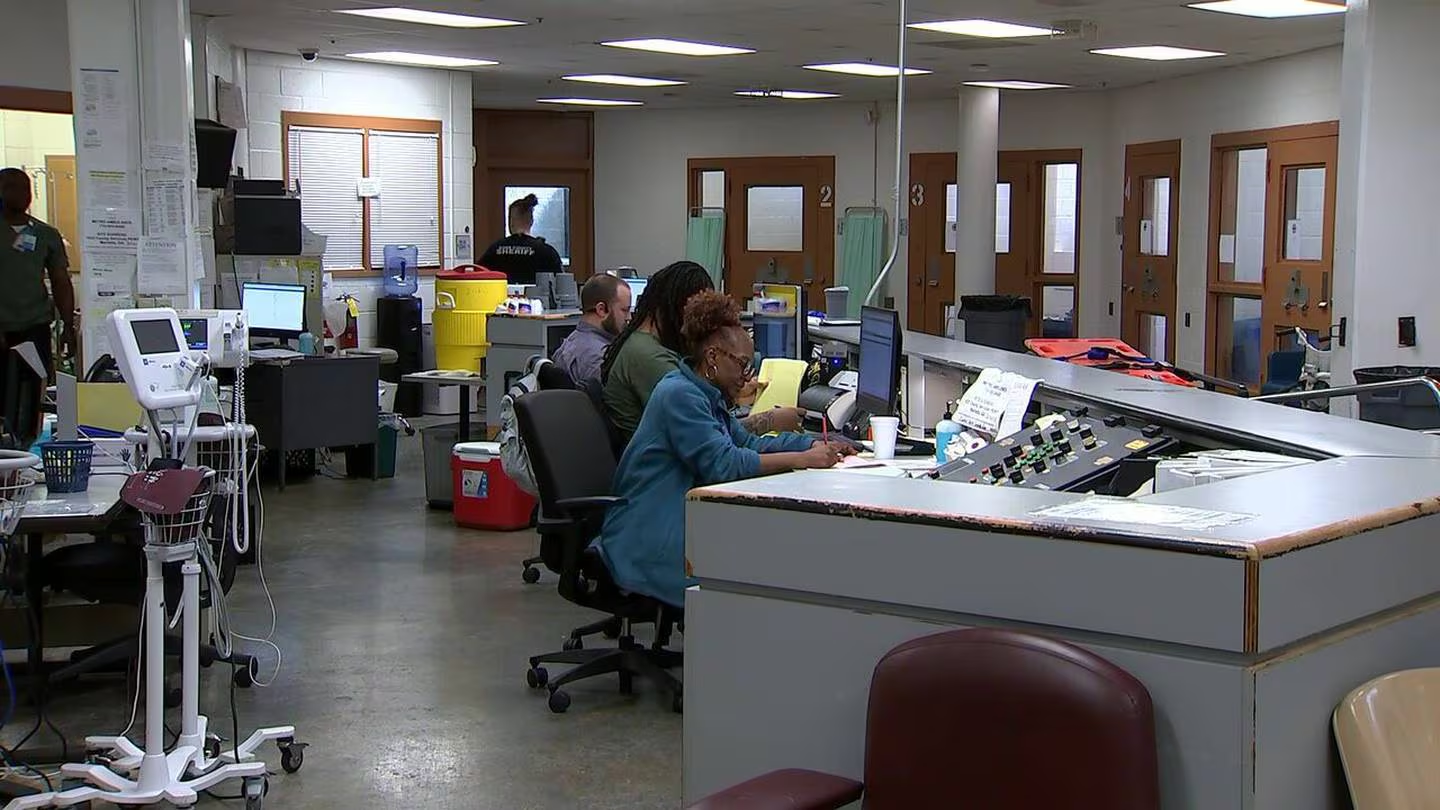Cobb County Sheriff Neil Warren’s recent disclosure of a controversial strategy has sparked widespread debate and condemnation. It has come to light that the sheriff has admitted to purposefully arresting terminally ill homeless individuals to facilitate their access to healthcare within the county’s correctional system. This revelation has not only ignited outrage but also shed light on the dire predicaments faced by many vulnerable individuals who lack proper medical assistance.
Sheriff Warren’s acknowledgment of deliberately arresting a terminally ill homeless man to ensure his healthcare has raised serious ethical questions about the role of law enforcement in addressing systemic healthcare deficiencies. While the sheriff may argue that his intentions were altruistic, the tactic has drawn criticism for its exploitation of the criminal justice system to address systemic failures in healthcare accessibility.
The case of the homeless man serves as a stark illustration of the broader issue of healthcare accessibility for marginalized communities, particularly the homeless. Many individuals in such circumstances struggle to access adequate medical care due to socioeconomic barriers and systemic neglect. Resorting to arrest as a means of securing healthcare underscores the inadequacies of existing healthcare infrastructure and the urgent need for systemic reform.
Sheriff Warren’s admission has ignited a larger conversation about the intersection of law enforcement and healthcare, prompting calls for comprehensive reforms to address the root causes of homelessness and ensure equitable access to medical services for all. Critics argue that incarcerating individuals in need of healthcare further exacerbates cycles of poverty and disadvantage, perpetuating systemic injustices.
While Sheriff Warren defends his actions as a necessary measure to assist those in need, advocates and community leaders remain skeptical. Many argue that alternative solutions, rooted in compassion and dignity, are essential to addressing the complex challenges faced by homeless individuals and those with terminal illnesses.
Read More News:
- NYC Teens in Peril: Two Killed, Six Wounded in Disturbing Surge of Violence Ahead of Summer
- Nightclub Shooting Leaves 6 Injured, 2 Dead
- 2 People Dead and Four Injured in A Shooting at An Atlanta Nightclub; Shooter Not Caught Yet!
As the controversy unfolds, Sheriff Warren’s admission serves as a sobering reminder of the profound challenges marginalized communities face in accessing essential healthcare services. It underscores the imperative for policymakers and stakeholders to collaborate on implementing solutions that address the underlying causes of homelessness and ensure every individual’s right to dignified healthcare access.

